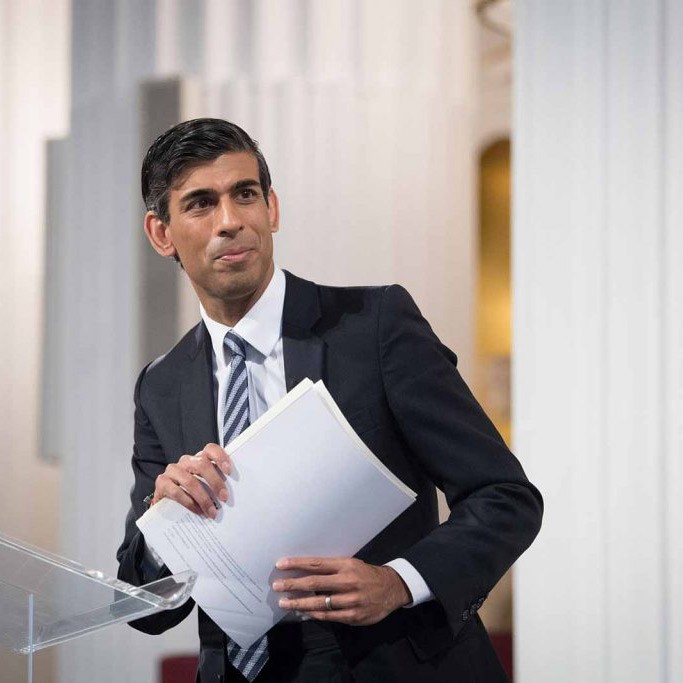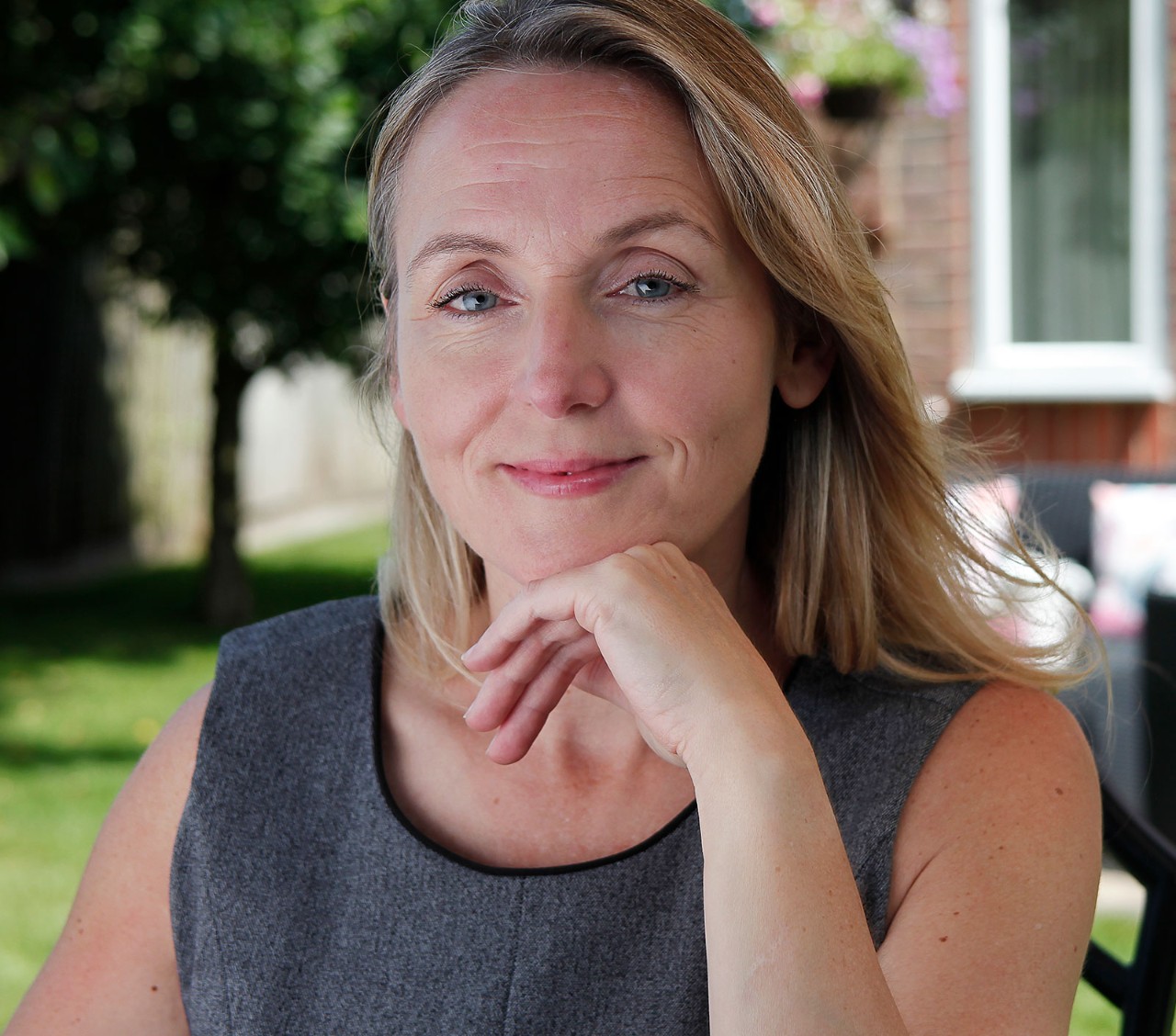
ESG (environmental, social and governance) appears to be the acronym of our times, with these activities (see ‘Quantifying ESG’ box) climbing to the top of the agenda of businesses across all sectors. As such, it is a huge opportunity for those companies’ advisers.
‘There is a lot of noise around ESG,’ says Sarah Whale FCCA, founder of Profit Impact, ‘and practitioners can really add value by engaging clients with this type of advisory work. Not to offer this is a lost opportunity, with lost income and a failure to protect the firm for the future. If you want to win new clients, this will really help. The business case for it is utterly compelling.’
Advisory firm Challenge.org has found that companies that plan with climate impact in mind gain a return on investment 18% greater than those that don’t, and their better governance standards produce a 34% greater return on assets.
Commitment required
Whale’s business provides advice to SMEs about how sustainable they are. By using tailored key performance indicators (KPIs) linked to the United Nations’ Sustainable Development Goals, Whale helps them reach their objectives. But achieving these goals isn’t easy.
‘It is complex,’ she says.‘ You’re not just putting in some software. You must learn about the sector your client sits in as well, because it isn’t a case of one size fits all. And practitioners need to have ESG embedded in their own business so they understand it – only then can they offer it to clients.’
Caroline Harridence ACCA, founder of Counting Clouds, which advises businesses about B Corp certification (see below) and ESG, agrees with the market opportunity. ‘Clients are looking at their company’s values and trying to understand what they can do in this area and how they can go beyond their standard, traditional activities.’
Quantifying ESG
ESG is a wide set of metrics related to intangible assets that investors can use to assess a business. A company’s impact on the environment could be measured through its carbon footprint and sustainability.
The social aspect covers areas such as diversity of employees, pro bono work, and community engagement, while governance includes remuneration of senior managers and the effectiveness of their strategy.
KPIs allow managers, investors and employees to quantify these qualitative aspects of a business.
‘Clients are looking at their company’s values and trying to understand what they can do beyond their traditional activities’
Begin with B
Getting the ESG process under way can seem daunting, but Harridence suggests a good option is for clients to look at the B Corp certification process. The B Corp assessment an accessible and practical offering that can provide the framework that SMEs need.
To achieve this accreditation, a business must score a minimum of 80 points from answering around 200 questions based on their sector, location and size. Evidence of scores must be made available, records kept updated and an annual fee paid (see ‘Becoming a B Corp’ box).
However you work with your clients to improve their ESG credentials, it is vital to walk the walk and not just talk the talk. ‘It will give them a fantastic competitive advantage,’ Whale says, ‘but only if they commit to it. Greenwashing is easily exposed and is more damaging than doing nothing.’
One only has to look at B Corp-accredited craft brewer Brewdog, whose buzz score (a measure of positive noise around a brand) dropped from 9.7 to -19.7 following allegations of poor leadership.
Becoming a B Corp
More than 400 companies in the UK have B Corp certification. ‘The B Corp structure is really practical,’ Harridence says. ‘The questions it asks are tailored to your business. It takes you through the environment, workers, communities, customers and governance. The assessment tool gives you very practical steps to improving your social and environmental impact and so helps you build a better business.’
As each company is different, the process allows for a variety of KPIs to count. If, for example, it is hard to recruit a more diverse workforce because the company is in a less diverse area, then more pro bono work could be done, and this counts towards the score.
Many companies employ a ‘B leader’ (which Harridence and Whale both are) to help them through what is a time-consuming process.
Companies can also access the B Corp framework without ever submitting an application. Many thousands of businesses to date have used it to give themselves an effective ESG template.
According to B Corp, 88% of B Corp SME employees would recommend their company as a good place to work, compared with an average of 70% for all UK businesses.
Explaining to clients that there are no shortcuts is an important early step. ‘No one KPI is an indicator of success,’ Whale says. ‘You have to explain to clients that it will take time for the impact to show. This is our biggest challenge.’
The desire for being sustainable should come from the top of a business if it is to truly succeed. Firms will need to persuade senior management of the benefits and get them to consider a range of actions, including appointing a sustainability champion, using local suppliers, doing more pro bono work and trying to diversify the workforce. ‘It takes time to make these changes, so companies need to start moving now. They need to think about what they are going to do because the answer is not to do nothing.’
More information
For more about the shift from profit to purpose, read AB’s special edition Leading the change.
Join one of ACCA's Practice Room sessions featuring Sarah Whale and see further resources for practitioners.




